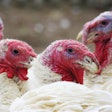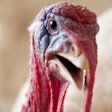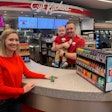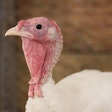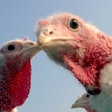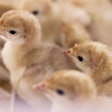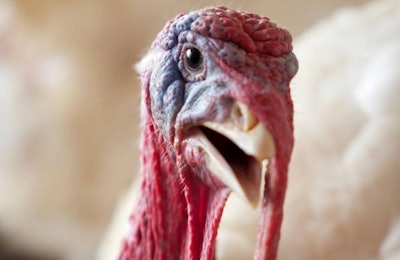
Farbest Foods’ plans for a $21.7 million upgrade to its turkey plant in Huntingburg, Indiana, have taken a step forward after the Huntingburg Economic Development Commission approved the issuance of $3.5 million in tax increment finance backed bonds.
According to a report from the Dubois County Free Press, the bonds are to be issued from two tax increment finance (TIF) districts. One of those TIF district is the one in which the Farbest facility is located, and the other one encompasses farmland that Farbest owns.
Farbest Foods will purchase the bonds which will be paid from the property and real tax increment increase in the two TIF districts due to the improvements Farbest plans to make, according to the report. Since Farbest will own the bonds, the company is incorporating all the risk if the increment is not enough to pay off the bonds.
The planned turkey plant upgrade includes a switch to controlled atmosphere stunning (CAS). Of the $21.7 million budgeted for the upgrade, $13.5 million will be allocated toward building renovations, $5.5 million is planned for plant equipment and the remaining $2.7 million will be budgeted toward transportation equipment.
Farbest Foods is the fourth largest turkey company in the United States. According to the WATTAgNet Top Poultry Companies Database, the company, which also has its headquarters in Huntingburg, slaughtered 559 million pounds of live turkeys in 2016. It has two slaughter plants, two processing plants and two feed mills. According to the Dubois County Herald, Farbest Foods also has 225 contract turkey growers.
After Farbest Foods nearly tripled in size over the course of the past ten years, Seger recently said any continued growth would come at a slower pace, because it did not make sense to continue rapid growth due to an oversupply of turkeys and other animal proteins.











